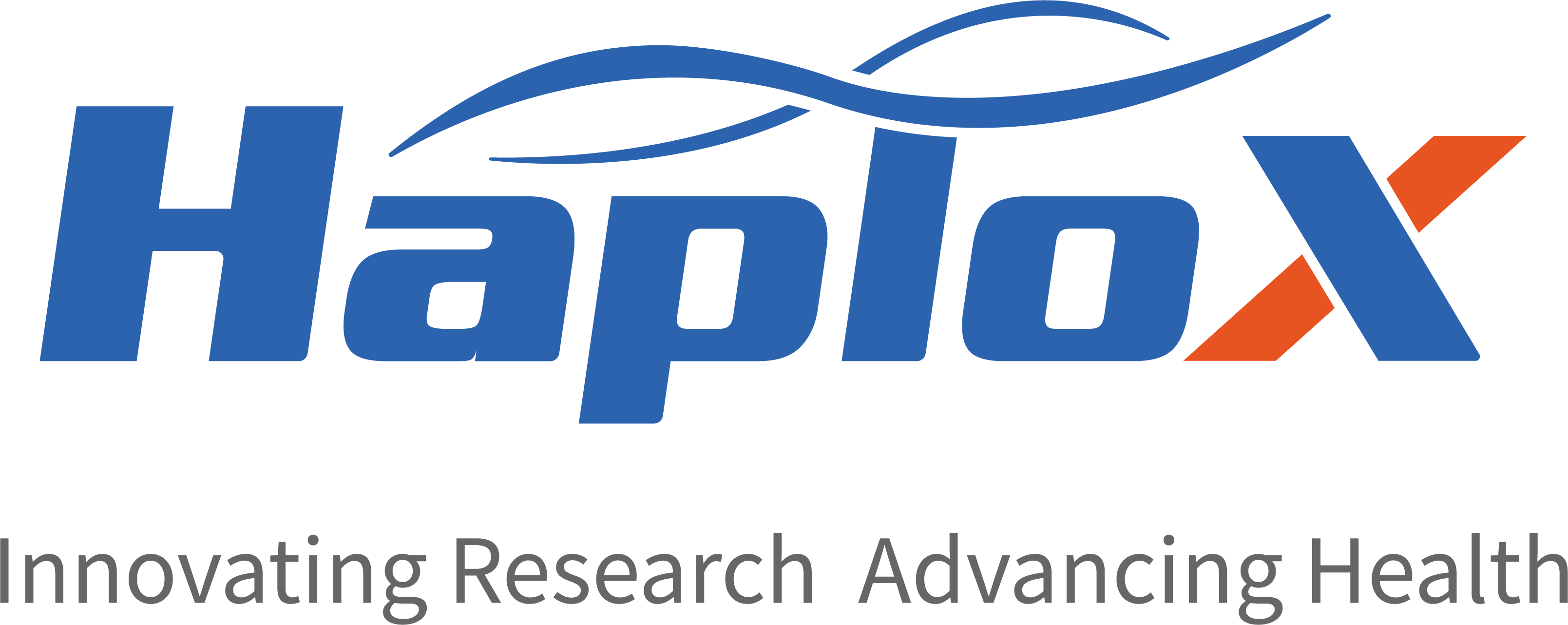
- Home
- About Us
- Service
- Application
- Technology
- Resource
- Contact Us

Human Whole Genome Sequencing
Whole Genome Sequencing (WGS) is a high-throughput technology that sequences an entire genome, enabling the detection of various genetic variations and is widely used in medical research, and population genetics.
Work flow

Technical Parameters
| Sequencing range | Whole genome region |
| Sequencing strategy | NGS PE150 |
| throughput | Fastq files, Q30≥85% |
| Data analysis | Standard+advanced analysis |
| TAT | Standard: 25 WD |
Applications
| Mutation site | Gene testing | Single gene disease | Complex disease | Cancer research | Cohort study |
Bioinformatics Analysis
1.Process the original data to remove adapter sequences, contaminants, and low-quality reads.
2.Perform comparison analysis with reference sequences to obtain sequencing depth and coverage statistics.
3.Mutation Detection:
- >Non-tumor Sample Analysis: Detect SNVs, INDELs, CNVs, and SVs in non-tumor samples.
- >Tumor Sample Analysis:
- ·Tumor Sample (Paired with Normal): Detect somatic SNVs, INDELs, CNVs, and SVs.
- ·Normal Sample: Detect SNVs, INDELs, CNVs, and SVs.
4.Use ANNOVAR for detailed annotation of identified variants.
5.Annotate gene structure information for identified variants.
6.Annotate variants using databases specific to human genetics.
7.Predict the harmfulness of variants using established criteria (human-specific).
8.Annotate variants with functional information from relevant databases (human-specific).
9.Employ non-negative matrix decomposition to analyze characteristics of somatic mutations in at least three pairs of paired samples.
10.Screen for susceptibility genes based on sequencing depth and the Cancer Gene Census (CGC) database.
11.Screen for known driver genes using databases such as CGC513, Bert Vogelstein125, SMG127, and Comprehensive435.
12.Predict targeted drugs for mutated genes using current pharmacogenomics data.
13.Assess the total number of mutations per coding area of a tumor genome to determine the tumor mutation burden.
14.Analyze tumor purity and ploidy levels to understand the tumor's genetic composition.
15.Evaluate the presence of microsatellite instability in tumor samples.
16.Detect and analyze fusion genes within tumor samples.
Advantages
![]() Multiple sample types(FFPE, cfDNA, ctDNA)
Multiple sample types(FFPE, cfDNA, ctDNA)
![]() PCR/PCR free library construction provided
PCR/PCR free library construction provided
![]() 100ng minimum DNA input
100ng minimum DNA input
![]() Advanced analysis & customized analysis provided
Advanced analysis & customized analysis provided
